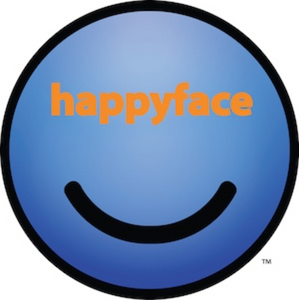Are N99 and N100 Masks Even Better?

We've all been educated now to know that N95 is the creme de la creme of protective face masks. Technically, N95s are respirators since they filter inhaled air to protect the wearer, versus face masks, which only prevent the wearer from exhaling something onto someone else. Anyway, what about those labeled N99 and even N100? What about HEPA? HEPA is a trademark equivalent to N100 but is not designated by NIOSH. Filters must be better if they're rated higher, right?
It's an obvious assumption that if a higher-number filter catches even more microparticles than a lower-numbered filter, then it must mean it is a better product. It's true that those labeled with higher numbers filter higher percentages of microparticles at .3 microns (the most difficult micron size to capture. A virus at .01 microns is easier to catch and deactivate). However, the higher percentage means the spunbond or whatever poly-material is even tighter, causing smaller airways which means that airflow is even more restricted. Tighter airways mean it is more difficult to inhale and exhale while wearing a mask. The N95 standard is the happy balance between filtration and airflow for humans. N99 and N100 filtration cause more restricted breathing which is not only less comfortable to try to breathe through, but shortens the length of time anyone is willing to wear the mask. Those in healthcare have to be in masks all day and all night long.
If you have your hands on an N99, N100, or HEPA respirator, then you will have excellent protection, but I bet you won't want to wear it for very long.
Stay safe. Be well.
High quality N95 rated reusable filters available at www.airveilfilters.com
Search
Recent Post
The Humidity in Y...
Mar 18, 2021Beware of Counter...
Mar 07, 2021Let's Talk About ...
Mar 07, 2021Archive
- March 2021
- October 2020
- July 2020



